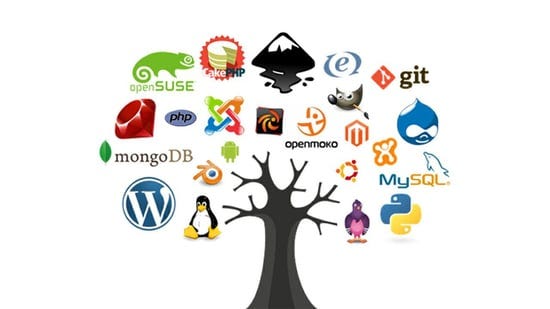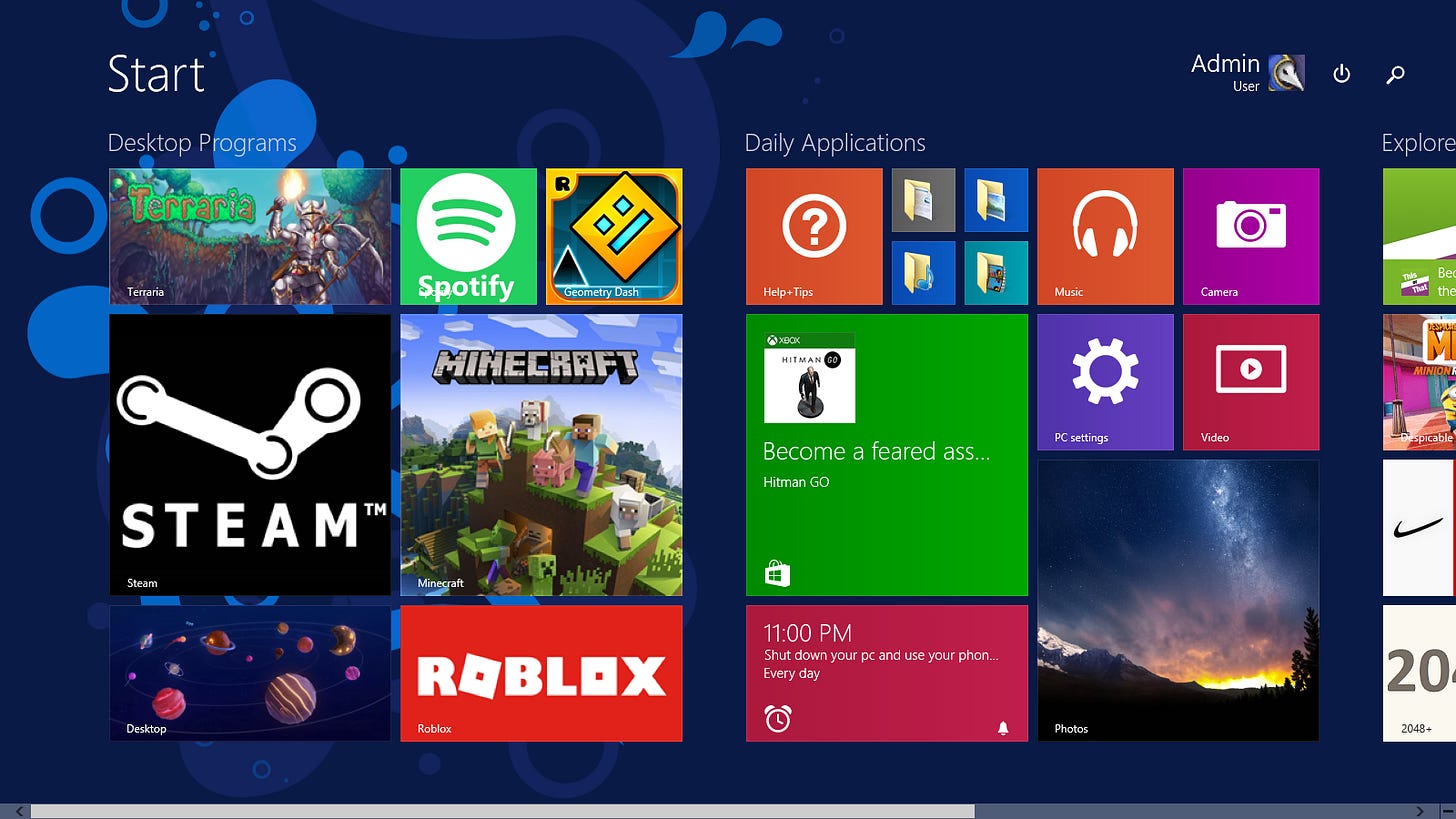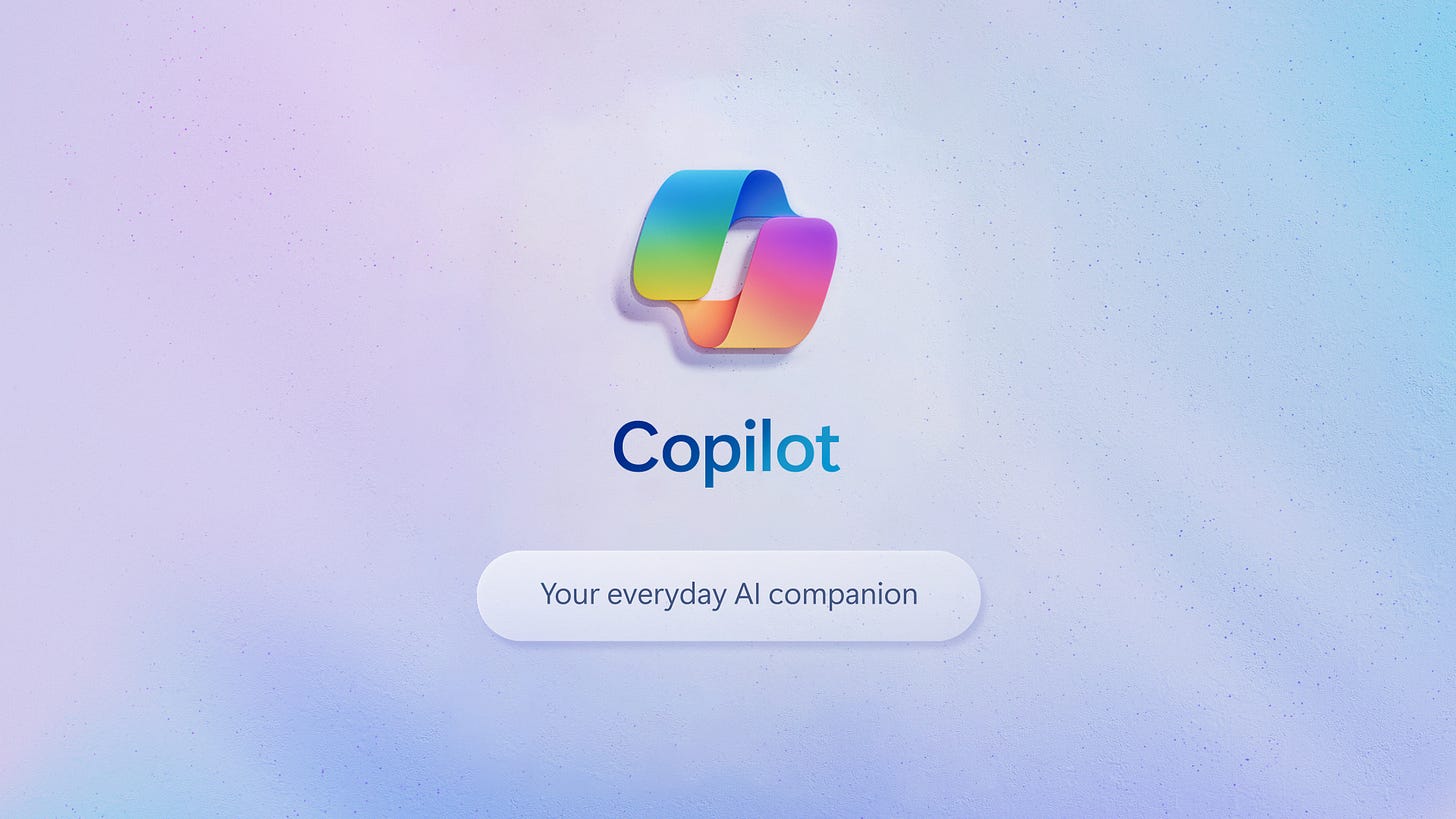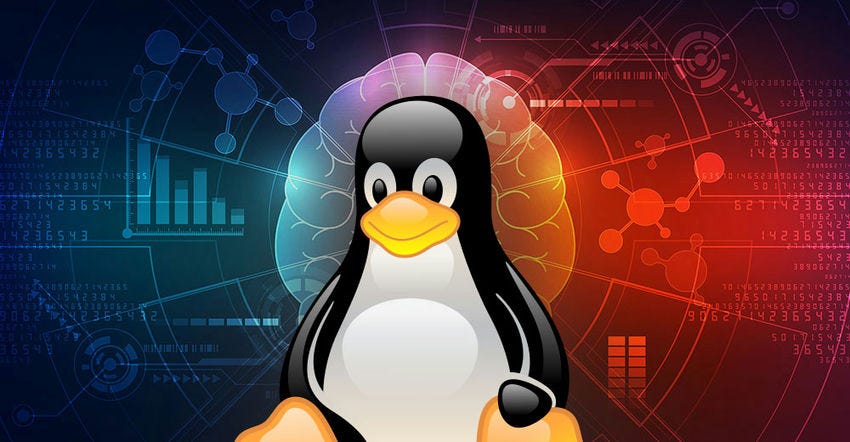Moving home (virtually) and why I am joining the open-source movement
Looking out the windows, I see the penguin. The penguin who has grown a lot in the past decade thanks to a community supporting its back.
I have been aware of Linux for quite a while now, probably since knowing a bit deeper about the world of computer science and programming. But I have always seen Linux as some sort of a geeky operating system, mostly for developers who are more hands-on with low-level programming. Ya know, C++, C, PHP stuff. And since I have grown up with Windows, started from Windows 7 and went all the way to Windows 11, an operating system that has plenty of support and applications, there was no reason for me to make the switch.
Side tangent: I always hold an unpopular opinion that Windows 8 was an underrated OS, like massively underrated. Its initial release was bad because its interface and appearance were intended to be compatible with Windows Phone, and along with the fact that Windows 7 was still at its peak around then, Windows 8’s reception was terrible. But Microsoft shifted their focus and made the following patches for PCs and laptops, and it did get better and better over time. I still remember seeing the titled start menu (the thing in the image below) for the first time and got blown away by how cool it was. But there was a problem with this start menu that I will talk about later in this article. Side tangent over!
So, why am I making the decision to move home now? And why am I deciding to write my first non-football opinion piece? Well, there are a few reasons for that…
Disclaimer: This article contains my own opinion, which might or might not apply to you and your situation! You might think Windows is perfect for your current needs, and I can’t and won’t argue with that. Each person’s situation is different. I’m moving to Linux because I have my reasons and they are listed here, but this article is not me forcing everyone to move. I just want to share my experience, and maybe give you another option to think about.
You get an AI, you get an AI, everyone gets an AI!
Another tangent
(Skip to the next header if you do not want to read this tangent, and just want to get to the real reason)
Let’s clear the elephant in the room, and that is artificial intelligence (AI). My stance on machine learning (ML), large language models (LLMs) specifically, and AI in general is, I don’t hate it. In fact, I use ChatGPT to help me understand concepts or things that are hard to understand, basically a tutor that I can always call, know that it is always there, and ask about something that I don’t understand. I also use Github Copilot to save me time when I write repetitive codes or help me diagnose errors (I made the word ‘diagnose’ bold for a reason, and I’m not using the word ‘fix’ here), basically applying pair programming techniques without an actual human and have to align my schedule with another person so we can both find the time to work on something (I’m not proud to say that I’m a workaholic, so I work a lot and I have a lot of ideas/projects that I constantly wanna do, and sometimes it’s hard to align that mindset with other people’s schedules when they also have a life outside of work).
I will not get into why I think AI and LLM are mostly being misused right now, and how it is affecting the critical thinking part of our brain. It is a long rant, so I will save it for another day. But the reason why I brought up AI here is because I hate the way that it is being “introduced” to the public. And I am using the word ‘introduced’ lightly here, because I think it is more like AI is being shoved into everyone’s face by big companies/corporations.
Everywhere I go, every site that I browse, even any app that I am using, I see the word ‘AI’ and companies talk about how fancy their model is, and how their model is better than other competitors’ model. As a programmer myself and a computer science & data science graduate, I keep myself in a conscious state of mind when it comes to AI. I do believe that AI will get better in a few years time, and that it will become a very useful tool in the foreseeable future, and it will also change how we, humans, go about our life. Just like the effects of the computer, the Internet, and the smartphone back in the yonder years. I am constantly aware of how little I write and read nowadays because everything that I need is on my phone or my laptop, and I think AI will have that effect later on as well.
But right now, AI is nothing more than a buzzword that companies stick on their advertisements, websites, slogans, whatever you can name, just to sell some more products. Yay, capitalism! It takes a lot of resources, including money, humans, computing power, etc, and years to build a somewhat usable AI model. It is definitely not as simple as having a dataset with millions of data points, shove it into a computer, ask it to make a decision, and then call that a ‘machine learning’ model. I highly recommend this video from Rational Animations about why it is not that easy to train a machine learning model. Cute animations, doggos, and exploring more about artificial intelligence, sign me up!
In short and very rudimentary, to produce a somewhat usable ML model, it needs to be trained over and over and over and over again. Sometimes many, many, many times, with different data points, and within each of those training attempt, its output gets graded to reinforce its learning process with the final aim of producing a model that makes correct decisions 90% to 99% of the time. That is why you are seeing news about big companies are scraping the web or collecting data, because they themselves are in the process of building their own AI model, and the data that they already have are not enough to train their model. So, whenever the word ‘machine learning’ or ‘AI’ is brought up, I always ask myself, do they actually have a working model or is it just a bunch of ‘if-else’ conditions being patched together?
Microsoft and Copilot
Okay, tangent over. Why is AI being the first decision for me to move home? It is because of a little guy called ‘Microsoft Copilot’. For me, an operating system is just a foundation for applications that I use regularly to operate…because that is its main purpose, hence the name! It takes care of the talking part with my laptop’s hardware, translating what I want to do to the hardware, then communicating the result back to me, whether if that is an error or a successful output. I do not need my OS to, all of a sudden, be my ‘everyday companion’. If I need to be alerted about something, the application itself already has a built-in notification system most of the time.
It goes further than that, however. Having watched a YouTube video from a creator talking about why they moved from Windows to Linux, I then discovered that the little Copilot guy also has a built-in feature where…it captures everything that you do on your computer screen, sometimes, without you knowing about it! Cheeky, innit? This relates back to the point about big corporations collecting data from its users to train their AI model, most of the time without you knowing and you are not automatically opted out, because big corporations believe that if you don’t say anything, you are giving them consent. Microsoft is not an exception to that either, and it’s not like Microsoft doesn’t have enough data about me already. Vielen Dank, aber nicht, bitte.
This leads me well into my second point…
Are you really in control of your computer?
The more we, humans, advance into the technological age, the less I feel like we are actually in control of what we are using, especially when technology has become an integral part of our life. This extends to the operating system that I am using as well, because Microsoft can choose to install or include anything that they want on my computer. Copilot is a good example of that, because it comes packaged with newer versions of Windows 11 already.
For an out-of-the-box Windows version, it comes with a ton of pre-installed apps, some of them are not even used a lot of the time. Like, I know that there are a few companies and people who still use Skype, but I don’t need it, it is so 10-year outdated. Or Phone Link, why does it need to start whenever my laptop is turned on? Technically, you can uninstall unused apps or even disable apps from starting up when the laptop is turned on (that option is in Task Manager > Startup by the way), but who knows what else is being installed that I don’t see and not know about if I am not very tech-savvy?
Again, I cannot stress this enough, but I understand that Linux is not for everyone. I have seen a lot of funny comments about Linux, and the one that sticks out to me is:
Pro: you are in control of everything
Cons: you are in control of everything
I also saw Linux as a geeky operating system where the terminal and Bash are being used all the time, and quite frankly, I still have a bit of trauma about Bash and C++ from university. But I am heading into this adventure with an existing, solid programming background, which makes the process somewhat easier since I can understand which command means what, and how to combine them together to execute the things that I want, like using `grep` to deal with file searching.
I am also aware of the responsibilities being given, because when I am in control of everything, it means I can also break everything…with a single command even! It is a constant reminder for me that I have to be slightly cautious and aware of what I am doing, and because I am already treating and using social media that way, I feel prepared and ready to give Linux and the Penguin a chance after this many years of ignoring both of them.
While doing a bit of research about Linux, the interfaces available (which can feel overwhelming due to the variety available to choose from), and writing this piece, I remember that I did have a bit of interaction with Ubuntu back when I was young. The name rang a bell, and I have a vivid memory of playing around with its interface, which could be useful for my transition to Linux Mint, which is also built on Debian like Ubuntu, and is one of the most popular options out there.
Embracing the open-source spirit
It is hard to ignore that Linux and its community have grown a lot in the past decade or so, and the main driving force for that growth is its open-source community. For Linux to go from a geeky OS in my eyes to me giving it a try is already a plus, but the fact that there are a huge community maintaining and developing apps and interfaces for Linux is another factor that draws me in. With such a large community like that, I have a plethora of apps to choose from and not being restricted to just a few apps that have the monopoly over the market.
During a period where large companies are getting shadier and keeping their cards closer to their chest, I feel like I want to stand for a community that is doing great things, giving back, and then for me to contribute back into it, in some ways. Adobe is a good example of this, especially with their practices regarding early cancellation and other stuff. I have also slowly made the transition to using more and more open-source apps in recent years, from VLC, OpenShot, to a password manager like Bitwarden.
One of the biggest reasons for me to make the move over to Linux is that Steam has thrown their support behind Linux. With the development and subsequent release of the Steam Deck, Steam has become much friendlier to Linux than ever before. Along the line of Linux being a geeky OS, I also believe that it is very hard to play games on Linux due to its lack of support from big game studios and platforms like Steam. But now that Steam is officially available on Linux, they now have a reason to be an OS that is used day-to-day, and I am excited to explore its capability.
Obviously, nothing is perfect. Making the move to Linux means that I will lose access to applications that only support Windows or Mac, or the performance of some apps that I am used to will be decreased. One app that I can think of immediately is Metrica Play’s Playbase. Without an official support for Linux, it means that there will be less annotated videos for my future football pieces. But there are always ways that I can get around things, which I will definitely be exploring, like deploying a virtual machine with a Windows image, or diverting this blog to be more data-heavy than a balance between data and tactical stuff like before. Like the old saying goes: “when there’s a will, there’s a way”.
Wrapping up
At the time of writing, I am yet to make the move over because I need to find a USB drive to store the image of Linux Mint. But, like any normal housemoving process, I have made plans to move my files off Windows and a list of apps that I will need to install once I finish my move to Linux. It will take a bit of time for me to get use to the new norm, but I am excited for the move.
Many have said this is the best time to move to Linux, and I can understand why. There is a lot of support from the community around it for everything that is on the OS, and the open-source community have done a lot of great work developing apps to replace the staples. One of the biggest hurdles for Linux was also knocked down with Steam’s official support for the OS. A lot of people have done the work to get Linux to this point, and it is probably the time to make the move.
See you on the other side!






